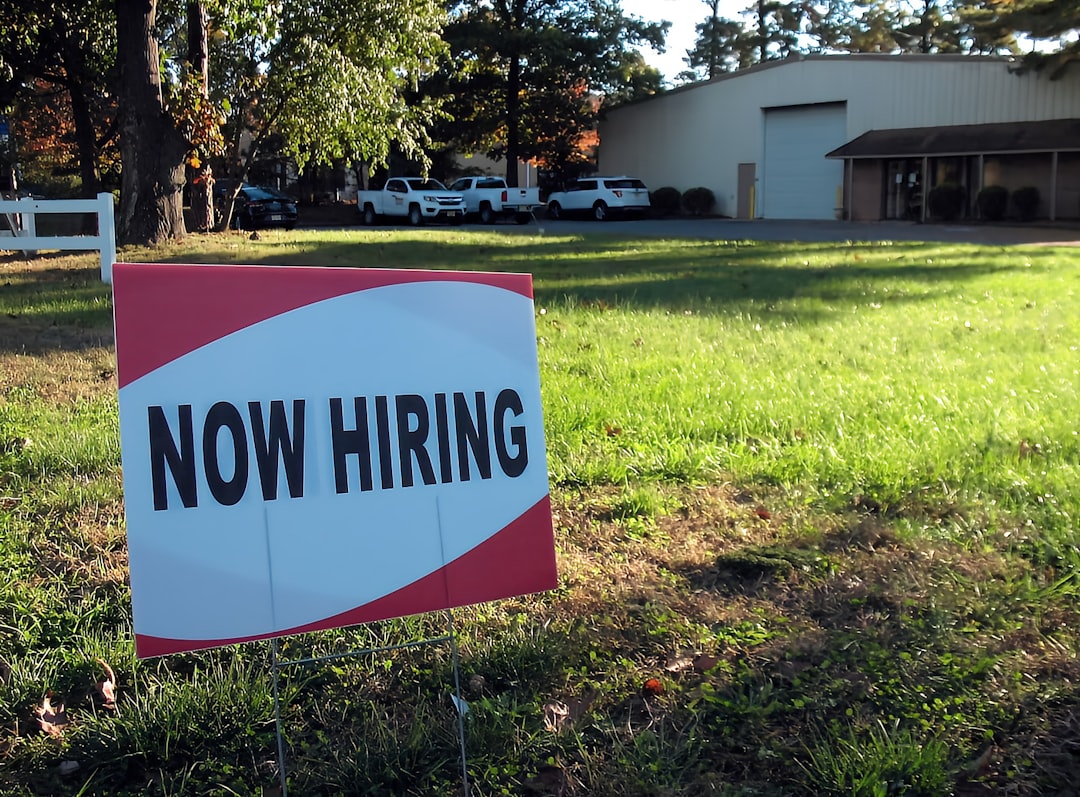No products in the cart.
Gen Z’s Job Market Struggles Amid AI Automation
Gen Z faces a daunting job market in 2025 as automation and a stagnant hiring economy create barriers for new graduates. Explore the implications and potential paths forward.
The class of 2025 is stepping into a job market that feels more like a labyrinth than a launchpad. With a cocktail of automation, economic stagnation, and a hiring freeze, many recent graduates are left feeling like seasoned sailors lost at sea.
As the world shifts under their feet, the phrase “No Hire, No Fire” has become a bitter mantra. Companies, facing economic uncertainty and the relentless tide of automation, are hesitant to bring on fresh talent. Instead, they cling to their existing workforce. The result? A generation of eager job seekers finds themselves on the outside looking in.

This is not just a statistic—it’s a reality for young individuals eager to carve out their careers. For many, the dream of landing that first job is becoming a nightmare. In a recent survey, over 60% of graduating seniors reported feeling anxious about their job prospects, a sentiment echoed across college campuses worldwide. As the automation wave grows, entry-level positions are shrinking, leaving a chasm where opportunities used to be.
Let’s take a closer look at the numbers. According to a report from the World Economic Forum, automation is expected to displace 85 million jobs by 2025, while creating 97 million new roles—many of which demand advanced technical skills that recent graduates may not possess. This dichotomy highlights a critical skill gap in the market, leaving many Gen Z graduates scrambling to adapt.
This dichotomy highlights a critical skill gap in the market, leaving many Gen Z graduates scrambling to adapt.
The Automation Paradox
Automation is a double-edged sword. While it promises efficiency and cost savings for companies, it also threatens the livelihood of those just entering the workforce. For instance, tasks that once required human oversight—from data entry to customer service—are increasingly being handled by AI systems. The irony is palpable: technology that was meant to enhance productivity is also freezing out a generation desperate for work.
Consider the story of Maya, a recent graduate in marketing. Despite her impressive GPA and a portfolio brimming with internships, she finds herself in a limbo of applications and interviews that go nowhere. “I feel like I’m competing with robots,” she confides. “It’s like I need to have a master’s degree just to get my foot in the door.”
Maya’s experience is not unique. Many young professionals are finding that the skills they honed during their studies are not enough to meet the demands of a market increasingly governed by technology. The rise of AI-driven platforms means that companies can now automate tasks that once required human intervention. As a result, the landscape is shifting beneath them, leaving graduates feeling unprepared and undervalued.
A New Skillset for a New Era
To navigate this changing terrain, young job seekers must embrace a mindset of lifelong learning. The ability to adapt and acquire new skills will be paramount in the coming years. Educational institutions are beginning to recognize this need, with many now incorporating AI literacy and digital skills into their curricula. However, the pace of change is rapid, and many graduates find themselves scrambling to keep up.
For those who are proactive, opportunities abound. The gig economy is flourishing, offering alternative pathways to traditional employment. Freelancing, online consulting, and entrepreneurship are becoming viable options for many young professionals. For instance, platforms like Upwork and Fiverr have opened doors for creative minds like Alex, an aspiring graphic designer who turned to freelancing after struggling to find a full-time role. “I realized I could create my own opportunities instead of waiting for someone else to hire me,” he says.
A New Skillset for a New Era To navigate this changing terrain, young job seekers must embrace a mindset of lifelong learning.
Looking Ahead
The future is uncertain, but it’s not without hope. As the job market continues to evolve, so too will the skills that are in demand. The ability to think critically, innovate, and work collaboratively will remain essential, regardless of the medium. Moreover, as companies adapt to the realities of a digital-first world, they may also begin to recognize the value of fresh perspectives that new graduates bring.
For Gen Z, the challenge lies not only in finding a job but also in reshaping their expectations. The traditional path may be fraught with obstacles, but with resilience and creativity, the new generation can forge their own paths. As they navigate this complex landscape, one thing is clear: the future of work will require not just technical skills, but also adaptability, creativity, and an unwavering belief in their own potential.











